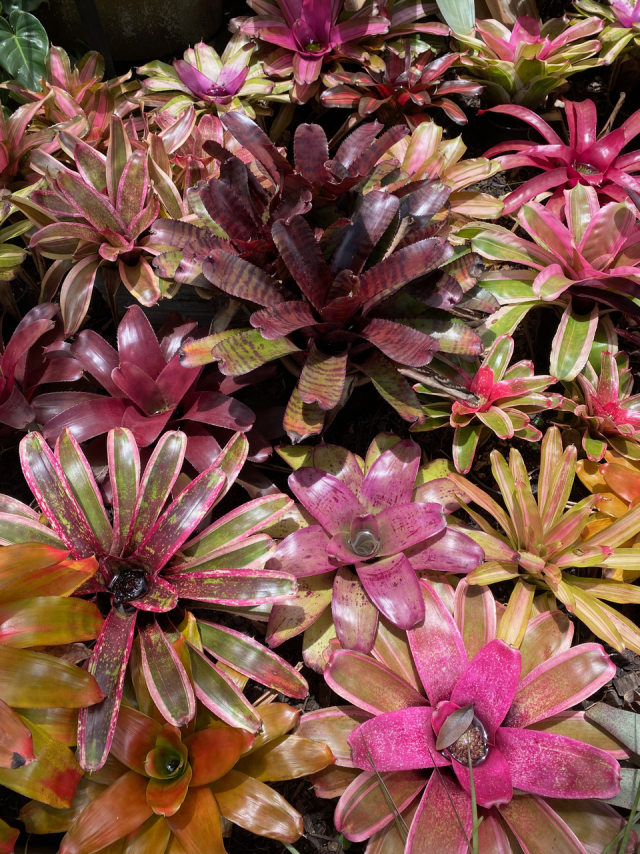Build your brom colony

Digital Edition
Subscribe
Get an all ACCESS PASS to the News and your Digital Edition with an online subscription
‘Don’t bin it’ campaign on batteries
Gympie is among four Wide Bay regional councils urging residents to be careful about disposing of battery powered devices, along with the state government.
A...







